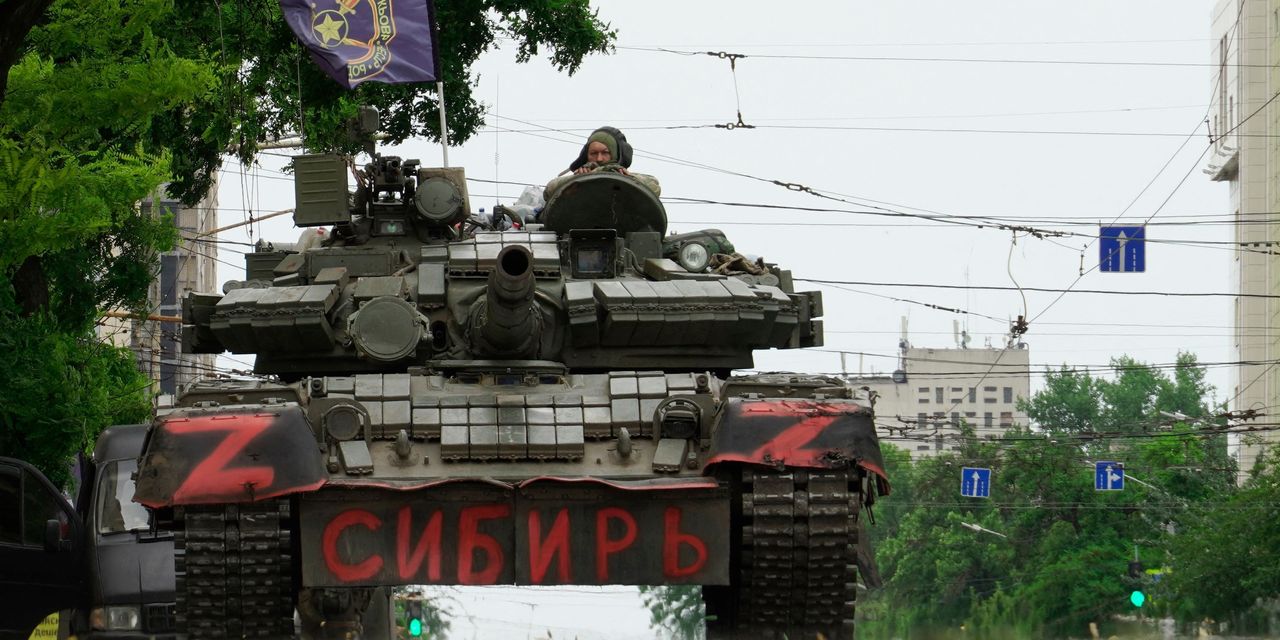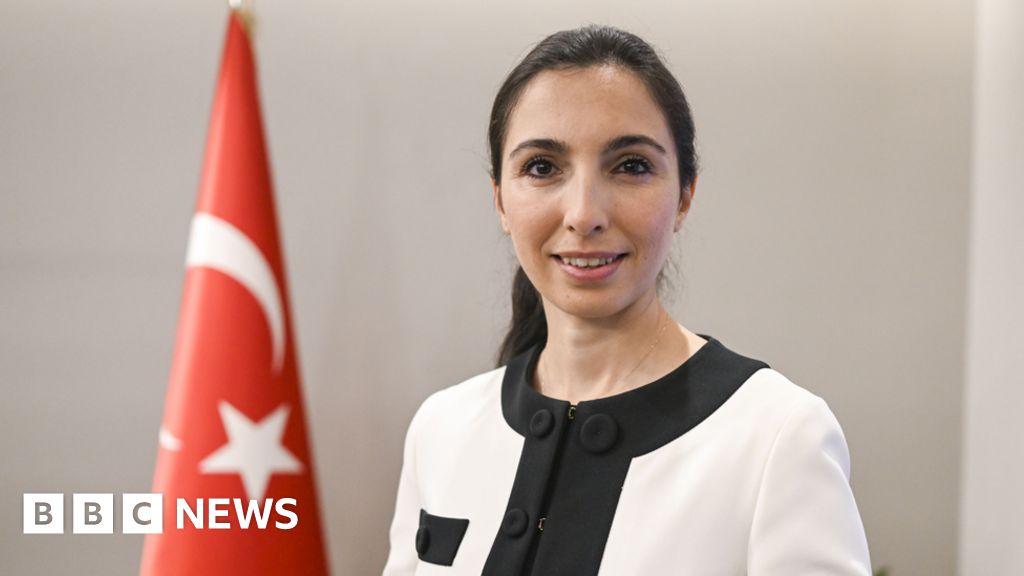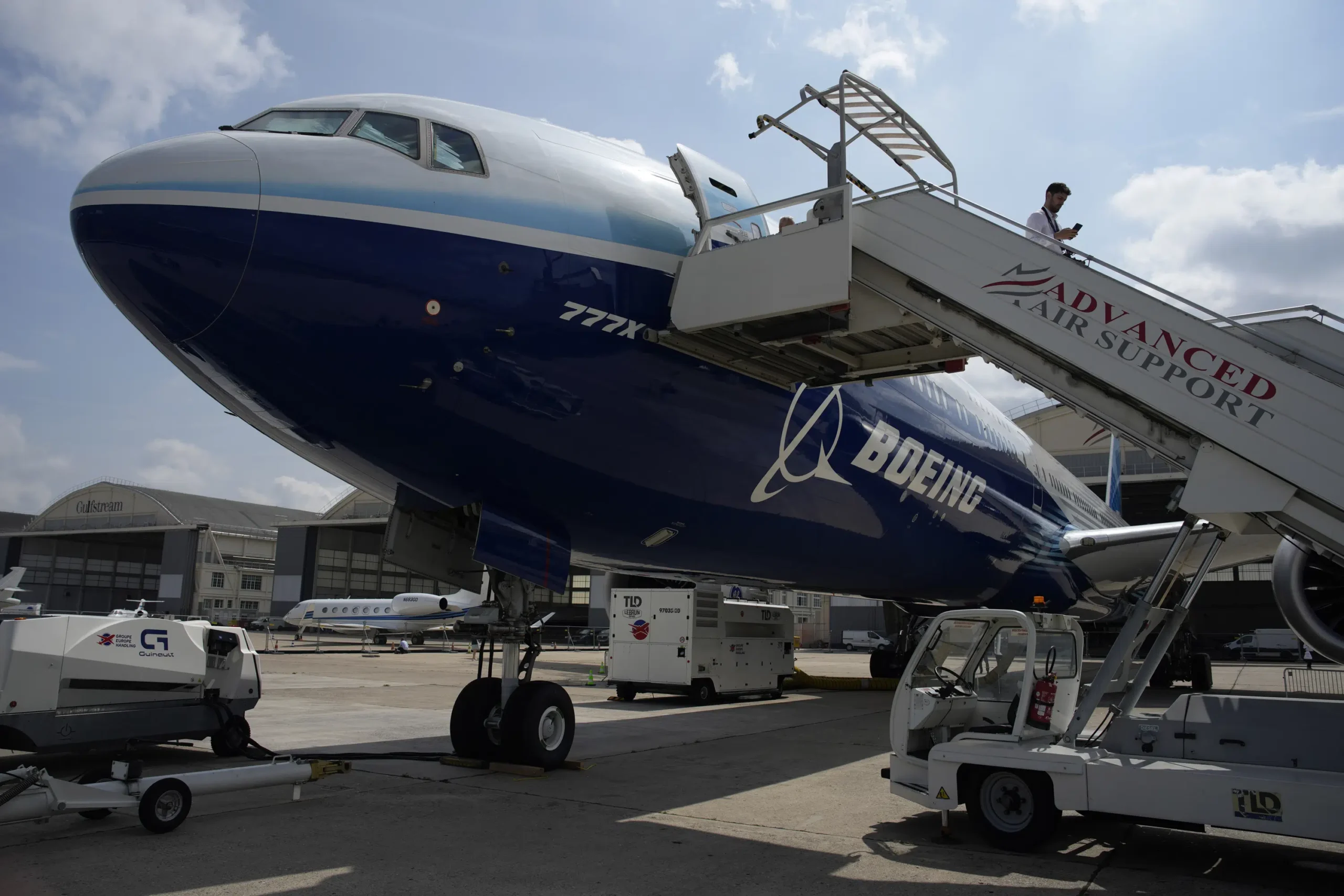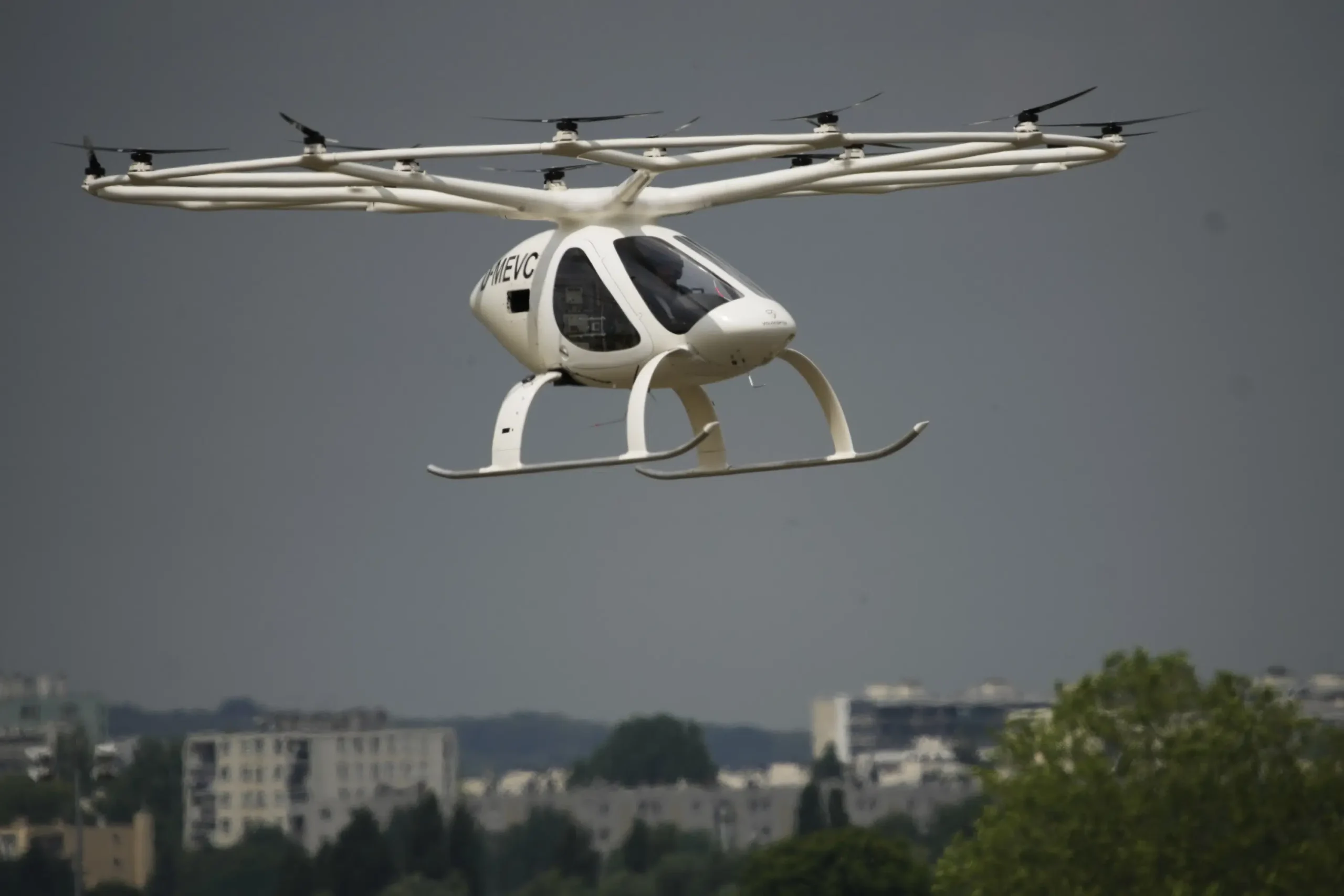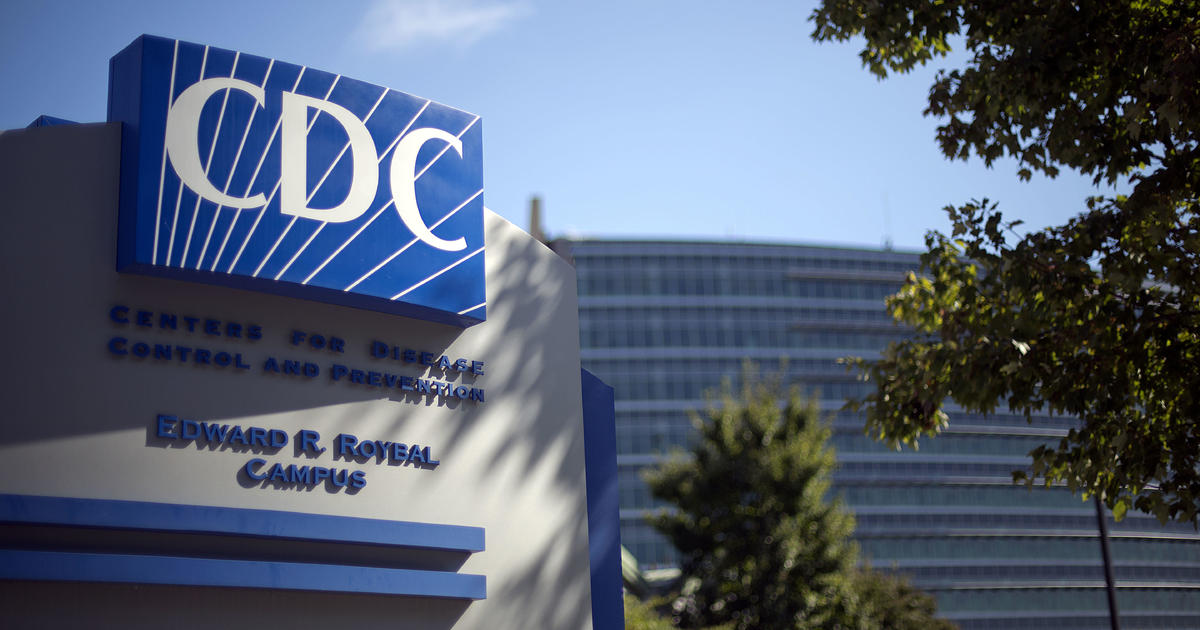CDC advisors recommend RSV vaccine approval. what it means for seniors
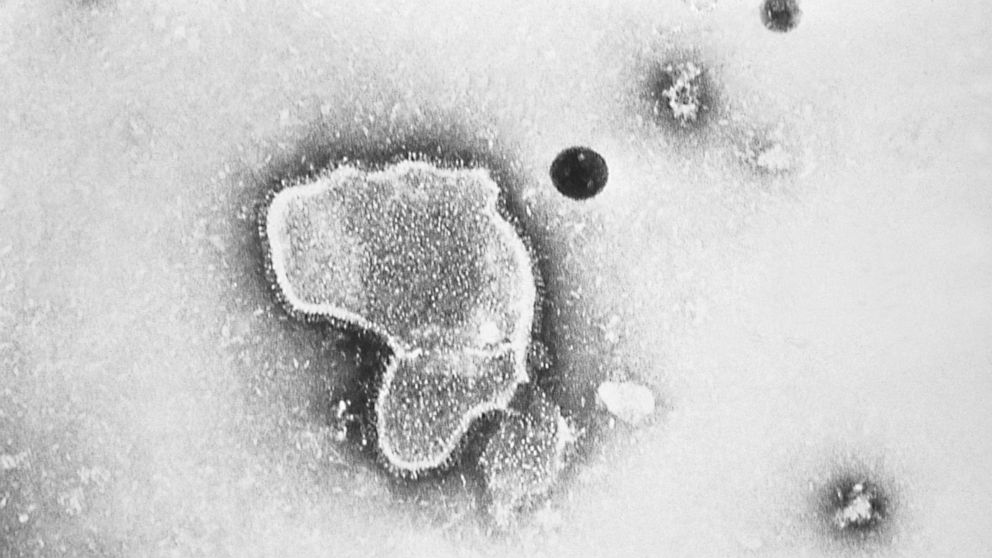
A respiratory syncytial virus (RSV) vaccine for seniors will soon be available after a Centers for Disease Control and Prevention (CDC) advisory committee voted on a recommendation on Wednesday.
During the meeting, the FDA’s Immunization Advisory Committee reviewed clinical trial data for two vaccines, one from Pfizer and the other from GSK.
The committee said it lacked a complete recommendation that adults over the age of 60 could get the vaccine based on individual needs and after consulting a doctor.
Since the vaccine has already been approved by the US Food and Drug Administration (FDA), the final step is for CDC Director Dr. Rochelle Walensky to sign the recommendation. It is expected that she will.
Here’s what the panel’s vote means for older Americans.
Why is RSV dangerous for older people?
RSV can affect people of all ages, but some age groups are at greater risk, including adults age 65 and older, especially those with chronic lung or heart disease and a weakened immune system, according to the CDC.
Most people develop a mild infection with symptoms such as cough, runny nose, and fever, but in some cases, breathing difficulties or dehydration may require hospitalization.
According to CDC data, so far there have been 67.5 RSV-related hospitalizations per 100,000 seniors during the 2022-23 season.
This number is much higher than usual, and CDC data shows that the cumulative rate of seniors going back to the 2016-17 season was no higher than 31.5 per 100,000 at this point.
The CDC says between 60,000 and 160,000 seniors in the United States are hospitalized each year because of RSV, of which 6,000 to 10,000 die.
“There is no really effective treatment. [RSV] Dr. Paul Goepfert of the Department of Infectious Diseases at the University of Alabama Birmingham Hospital told ABC News. “So the only treatment is supportive care, so ideally prevented.”
How do vaccines work and are they effective?
GSK’s vaccine, called Arexvy, and Pfizer’s vaccine, called Abrysvo, target a protein in the virus called the F protein that RSV uses to attach to and infect human cells.
Vaccines stimulate antibodies against proteins and protect against infection. GSK’s shot protects against the A strain, and Pfizer’s shot protects against the A and B strains.
Clinical trial data showed that GSK’s vaccine was 82% effective in preventing lower respiratory tract disease and 94% effective in people with at least one underlying disease.
Pfizer’s vaccine has been shown to be more than 85% effective in preventing lower respiratory tract disease in older adults, and trial data show that efficacy has declined to about 79% after 18 months.
Pfizer and GSK have not released data on the vaccine’s effectiveness against severe RSV disease leading to hospitalization.
Side effects were mostly mild and included injection site pain, headache, fatigue, muscle and joint pain, and were found in clinical trials.
“We know from the start that this vaccine has significant durability compared to the COVID vaccine. [which] Dr. Dan Barouch, director of the Center for Virology and Vaccine Research at Beth Israel Deaconess Medical Center and Harvard Medical School, told ABC News, “After four to six months, it can lose efficacy, which reduces public confidence in the vaccine.” High potency lasting at least 2 seasons.
What the CDC Advisory Panel Voting Means
The panel voted twice on Tuesday, with 13 in favor and one abstaining when asked whether people aged 60 to 64 could get the vaccine, first after consulting doctors.
In the second round of voting, those aged 65 and over asked the same question, but received 9 votes for support and 5 votes against.
“In my opinion, it’s a very difficult disease, difficult to treat, and a good recommendation to at least be an option for those who want to protect themselves from this infection,” said Goepfert.
Doctors told ABC News that committee members are concerned that clinical trials do not have many trial participants over the age of 75.
Commissioners were also concerned about the price. Pfizer said it would charge $180 to $270 for the panel, and GSK said it would charge $200 to $295.
“The recommendations we received from CDC advisors were more restrictive than we typically distribute for vaccine guidance,” said Dr. Jason Schwartz, associate professor of health policy at the Yale School of Public Health. ABC News. “What they recommended is that individuals over the age of 60 can get this vaccine following a conversation with a health care provider, which is called ‘Shared Medical Decision Making’.”
“It’s often a step below their outright recommendation that these people should get the vaccine in that age group, but it reflects some uncertainty about vaccines and concerns about vaccine costs,” he continued.
Why vaccines could be game-changing
Researchers have previously tried to develop an RSV vaccine, but without success.
In the late 1960s, a vaccine was produced in which the virus was inactivated with formalin, a chemical that kills the virus. The shots were given to children in Washington, DC, but 80 percent of those vaccinated fell ill and two children died from the shots.
Dr. Gregory Poland, director of the Vaccine Research Group at the Mayo Clinic, told ABC News, “For 60 years there has been no RSV vaccine, because in early clinical trials the vaccine actually exacerbated what is known as vaccine-associated enhanced disease.” . “It’s like putting a blanket over the field of RSV vaccine development.”
Experts said the two vaccines are an important step forward and provide additional tools for disease prevention, but once the shots start to be administered, it will be important to keep an eye on real-world data on how well they protect the elderly and the elderly. reduced immunity.
“It has the ability to be a game changer, you just have to see how it works in the real world.
#CDC #advisors #recommend #RSV #vaccine #approval #means #seniors

